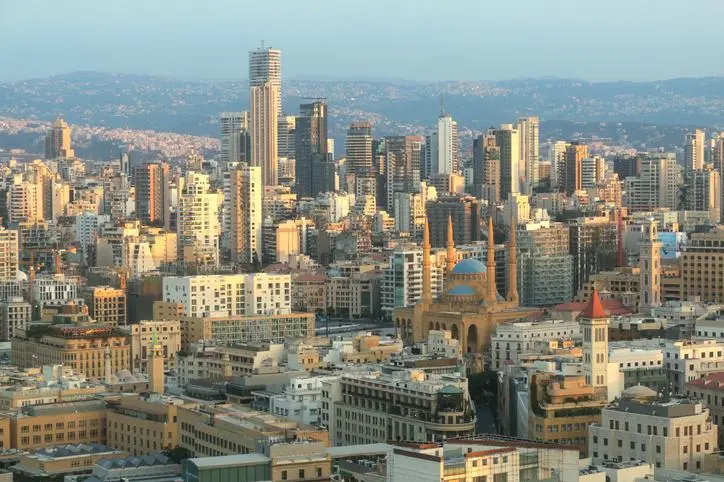PHOTO
BEIRUT: Lebanon now has its own 2030 vision. The plan aims to create industrial zones spread across the country and a dry port in the Bekaa Valley, as well as create around 120,000 new jobs, the Industry Ministry said Monday. Several speakers at the FIATA RAME conference in Beirut, which attracted an international crowd, said the new plan would connect Lebanon to Chinas land and maritime Silk Road.
The Chinese were very interested in the countrys location at the nexus of continents, they added.
Remaking Lebanon into a prominent logistics hub was the goal of the Lebanese Forwarders Syndicate in organizing the convention, according to LFS President Amer Kaissi.
Tripoli Special Economic Zone Authority General Manager and acting Chairman Hassan Dannaoui stressed that the country would play a crucial role in the reconstruction of war-torn neighbors Syria and Iraq, particularly as the first-of-its-kind Tripoli Special Economic Zone, once completed, would offer interested companies wide-ranging tax exemptions.
We are offering 100 percent exemptions from VAT, from labor tax, from corporate tax, Dannaoui said, adding that foreign companies interested in investing in these zones did not need Lebanese partners.
The conference was officially opened by Telecommunications Minister Mohamed Choucair and Transport Minister Youssef Fenianos.
Speaking on behalf of Prime Minister Saad Hariri, Fenianos pledged to capitalize on Chinas growing economic interest in the region. The Silk Road ... is being thoroughly taken care of because the ports of Beirut, Tripoli and Sidon are the main destinations of the Silk Road, and this is a promise I wont break, he said.
Lebanon is preparing to take a pivotal leap in the infrastructure sector, especially transportation and shipping like ports, airports, highways network, railroads. ... This comes with the success of the government in securing $11.8 from [the] CEDRE [conference] to launch the biggest operation for redeveloping the infrastructure in Lebanon, Fenianos said. He claimed that Beirut, known in ancient times as the queen of legislation, would now also become queen of all transportation and freight.
Lebanese Forwarders Syndicate President Amer Kaissi spoke of strong external forces reshaping the freight industry.
Our industry is being shaped by first-world countries like the U.S. and Europe. Its all digital there, Kaissi told The Daily Star.
In order to do this in Lebanon, we have to change our laws, because without legislation, you cannot go forward with digital. We have to accept electronic signatures, we have to accept credit cards from overseas, we have to change our laws in the freight industry, in order to accept this new digital era of globalization and digitalization, he said.
Dany Gedeon, director-general of the Industry Ministry, admitted that the high cost of land, labor and energy in addition to the lack of sufficient infrastructure were the main barriers to any investment in Lebanon.
Speaking at a panel discussion dedicated to Chinas Belt and Road Initiative, Gedeon presented the ministrys envisaged Industrial Zones Program for Lebanon, which should be completed by 2030.
The Industry Ministrys six-fold strategy aims to create industrial zones by rehabilitating existing ones and establishing others countrywide, especially near the border, to be built on municipally owned land. A new energy plant will be built in each zone in order to decentralize energy production. Covered in solar panels, an artificial tunnel would connect the Bekaa Valley to Lebanons main coastal cities, Gedeon said, without elaborating.
We have, till now, a master plan for three areas in the Bekaa. We are talking about Terbol, Baalbeck and Al-Qaa. It creates around 34,000 new jobs for the three industrial zones, Gedeon told The Daily Star.
A center for the transshipment of sea cargo to inland destinations, otherwise known as a dry port, would also be built in Riyaq.
Copyright 2019, The Daily Star. All rights reserved. Provided by SyndiGate Media Inc. (Syndigate.info).





















